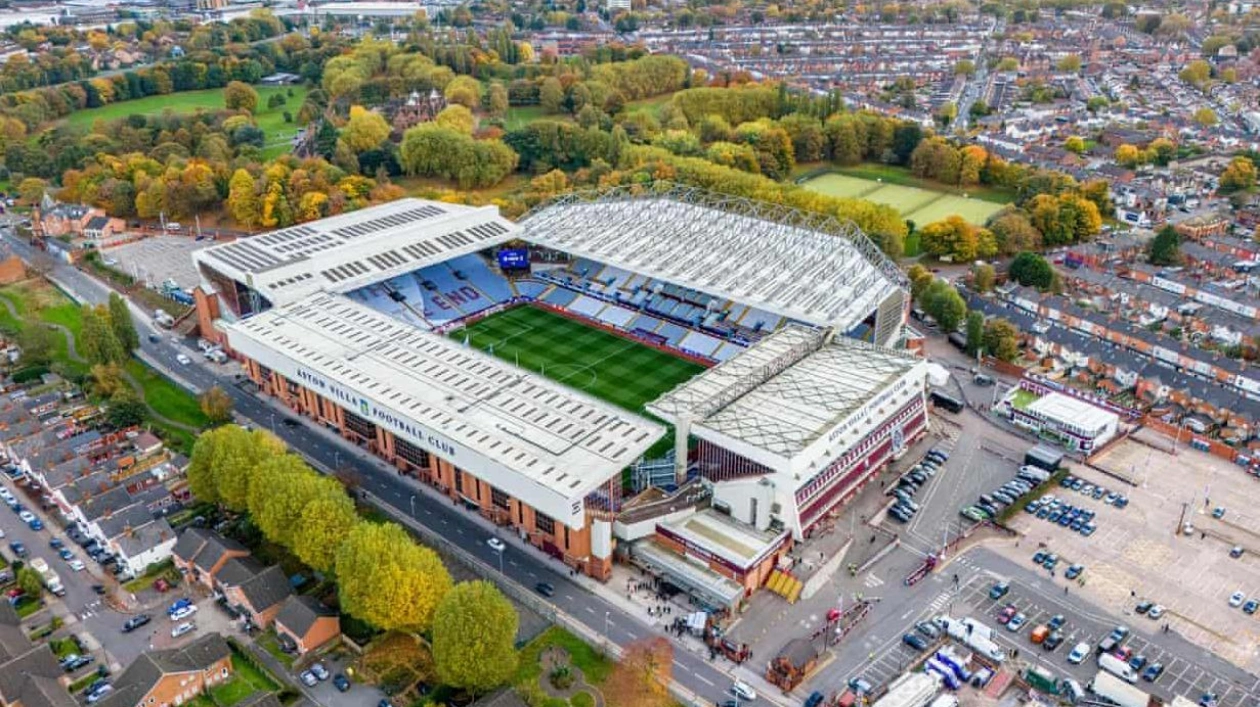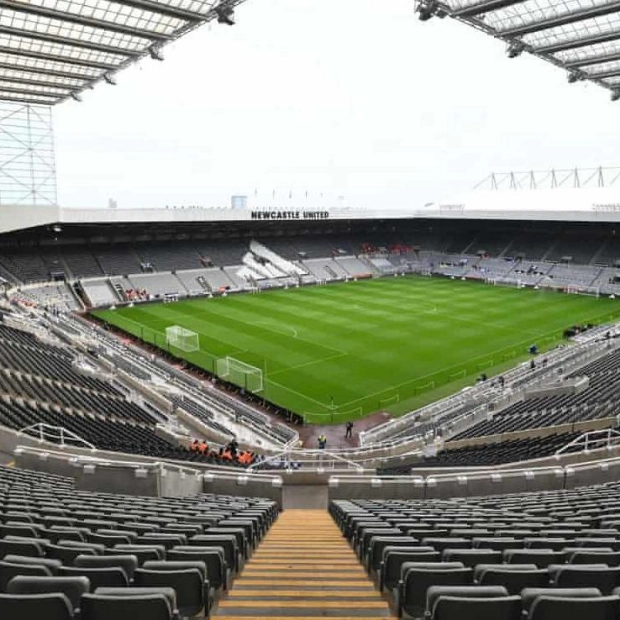The government is gearing up to grant the independent regulator the authority to block Premier League clubs from selling their stadiums to related or third-party entities. In June, the Premier League tried to close a loophole that allows clubs to exploit one-time profits from property sales to bypass profitability and sustainability rules, but fell short of securing enough club support. Eleven out of 20 clubs voted in favor of the league’s proposal at last summer’s AGM, missing the two-thirds majority needed to amend the rulebook by three votes. Stadium sales to related companies are already banned by the EFL, and the government plans to empower the regulator to enforce similar restrictions in the top flight.
Under the proposed football governance bill, which covers the top five divisions in English men’s football, any club seeking to sell their stadium would require approval from the independent regulator. Insiders familiar with the draft legislation at the Department for Culture, Media and Sport (DCMS) informed the Guardian that such requests would only be approved if the club could prove it was in their best long-term interests and had the support of their fans. The government is resolute in using the bill to safeguard clubs and their grounds as community assets. Additional measures will include protections against clubs relocating.
Aston Villa sold Villa Park to a company owned by their proprietors, Nassef Sawiris and Wes Edens, for £56.7m four years ago, a move that likely prevented the club, then in the Championship, from facing an EFL financial fair play charge. Sheffield Wednesday, Derby, and Reading also sold their grounds in recent years to circumvent the EFL’s FFP regulations. Last year, Chelsea sold two hotels at Stamford Bridge to a sister company for PSR reasons. The government’s proposals would only apply to stadium sales.
DCMS officials are finalizing the latest version of the bill, which was introduced by the previous government in April but did not pass before the general election. The new bill is expected to include substantial changes, with many Labour MPs advocating for the independent regulator to have the power to set the level of parachute payments. Culture Secretary Lisa Nandy is reportedly supportive of including these powers in the Whole Game Review that the independent regulator will undertake. The bill will also grant the regulator the authority to impose a financial settlement between the Premier League and the EFL, whose negotiations are currently stalled. The Premier League’s need for further rule changes following the arbitration judgment on Manchester City’s legal challenge this month has made reaching a new deal with the EFL seem increasingly unlikely.
DCMS declined to comment.
Source link: https://www.theguardian.com






